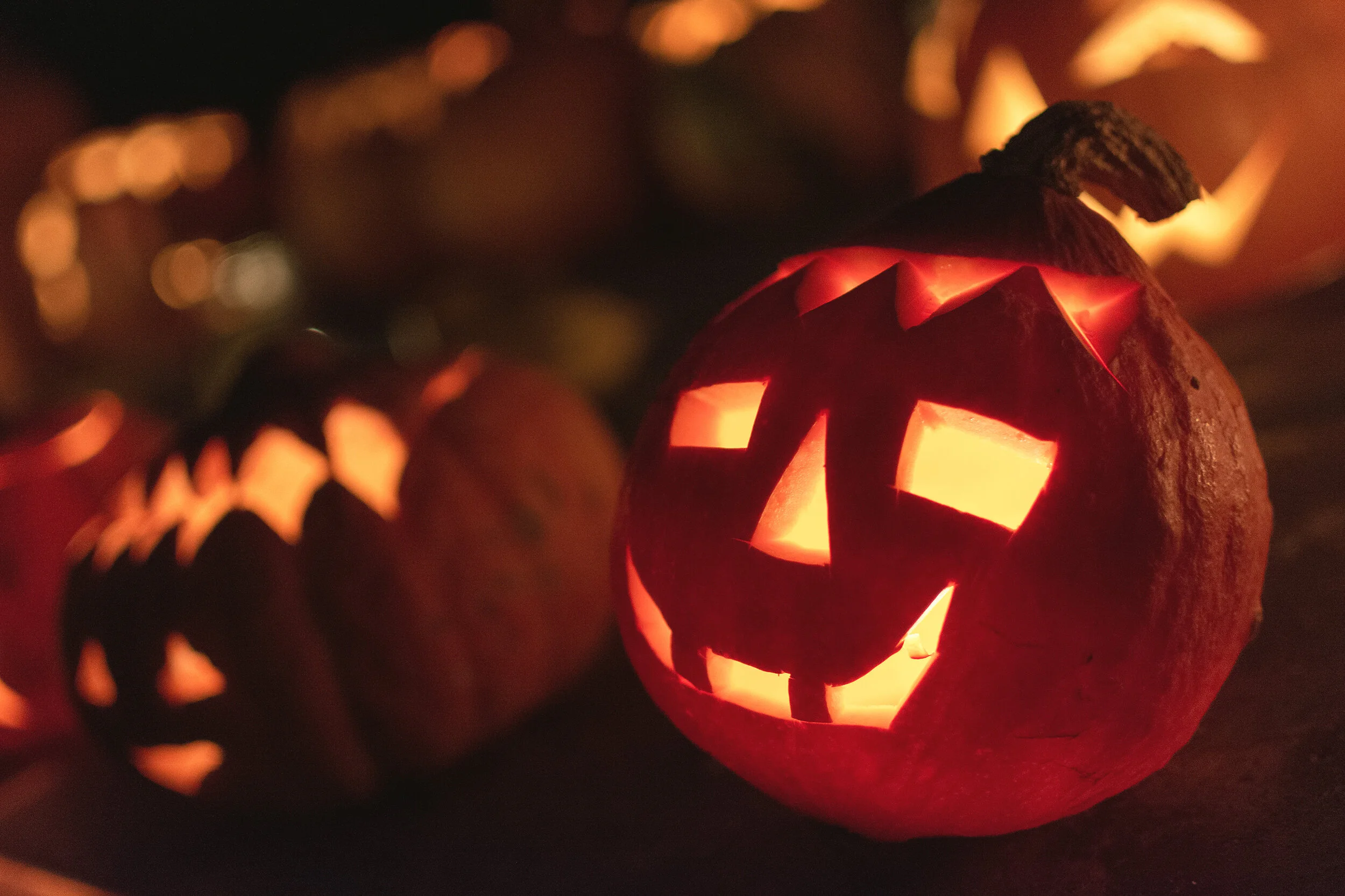Why Some Religious People Still Refuse to Celebrate Halloween
Halloween pumpkins. Creative Commons photo.
Each year there are Muslims, Jews and Christians in the United States that abstain from celebrating Halloween.
According to the National Retail Federation, 42% of the population doesn’t plan on participating in Halloween this year, though of course during a pandemic, not all these people are forgoing the holiday because of religious reasons.
Halloween originated as a Celtic holiday called Samhain celebrated 2,000 years ago. It marked the end of the Celtic year and the beginning of a dark, cold winter. It was said at the time that night ghosts of the dead roamed the earth.
In the eighth century, Pope Gregory III moved All Saints Day, a holiday to honor all the saints who did not already have their own day, from May 13 to Nov. 1. The reason for this move is debated, but at the time Samhain was gaining in popularity, and this was the pope’s way of Christianizing a pagan holiday.
All Hallows Eve, named for the day before All Saints Day, was the new “Christian” version of Samhain. The name was eventually shortened to Halloween.
Halloween came to America in the early 19th century but gained popularity when the Irish immigrated to America during the Irish Potato Famine. They brought along their Halloween traditions of dressing up and trick-or-treating.
The holiday has evolved a lot since then. According to one study, Halloween is the fifth-largest drinking holiday in America. It has now become a consumer holiday, with estimated spending for this year at $8.05 billion according to the National Retail Federation. That estimate is down this year due to COVID-19.
The original celebration of Samhain had to do with ghosts and the dead, and this is still true today. Ghosts, witches, vampires and the devil are consistently among the most popular costumes. Again, this lines up with the origins of Halloween, but less so with the Christianized version of it.
Based on the history of Halloween and what the modern day holiday looks like, some religions prohibit participation in it.
The Jewish Virtual Library says, “While many American non-Orthodox Jews do tend to celebrate the non-religious traditions of Halloween, halacha prohibits Jewish participation in the holiday.” Since Halloween has both pagan and Christian origins, it is considered a Gentile festival, which goes against Jewish law to celebrate.
Similarly, “From an Islamic standpoint, Halloween is one of the worst celebrations due to its origins and history. It is Haraam (forbidden) to partake in such a practice, even if there may be some seemingly good or harmless elements in it,” according to Islamweb.net.
Whereas the Christian origins of Halloween are problematic to Jews and Muslims, Christians have other reasons for not celebrating the holiday.
Jamie Morgan, the lead pastor of Life Church in New Jersey, wrote in The Christian Post: “The Scriptures tell us to put away deeds of darkness (Rom. 13:12) and that light has nothing in common with darkness (2 Cor. 6:14). Is celebrating a dark holiday something a child of the light should be doing?”
Churches often put on fall or harvest festivals to give families an alternative to Halloween.
The decision to celebrate or not to celebrate is one of great debate in these religious communities, especially among young families.
In all of these spheres, there are people who choose to celebrate Halloween, and do so with their own set of reasons to affirm their position.
More often, there is some middle ground that these religious people come to. There is a way to celebrate Halloween well, and it is mostly a matter of conscience if you choose to.
Kate Nicholl is a journalism student at The King’s College in New York City.

